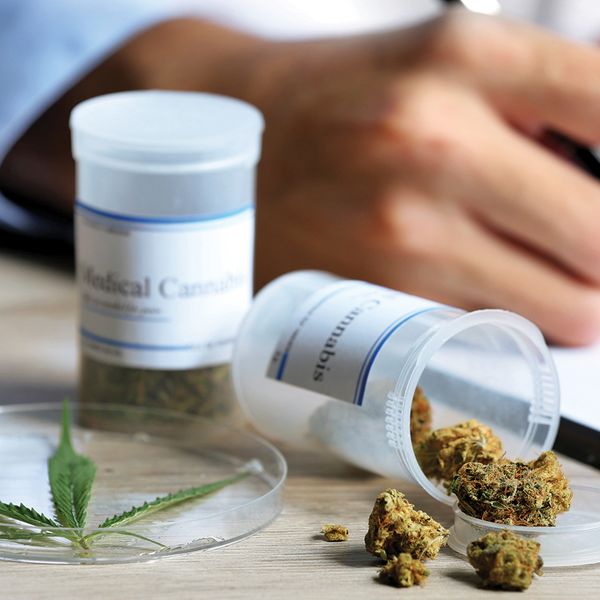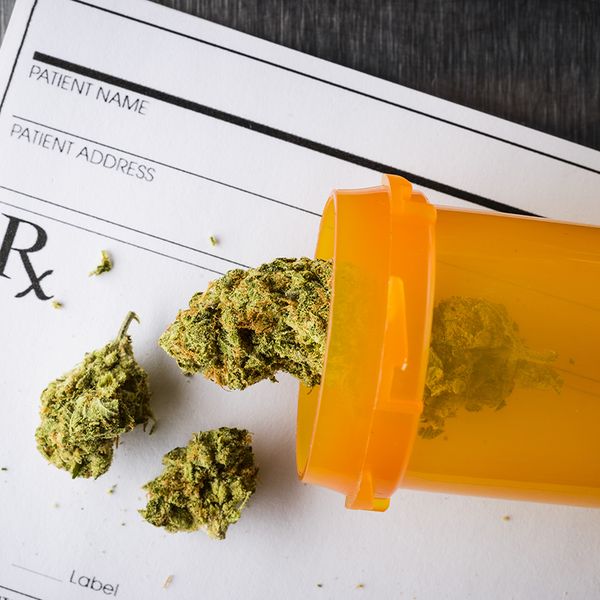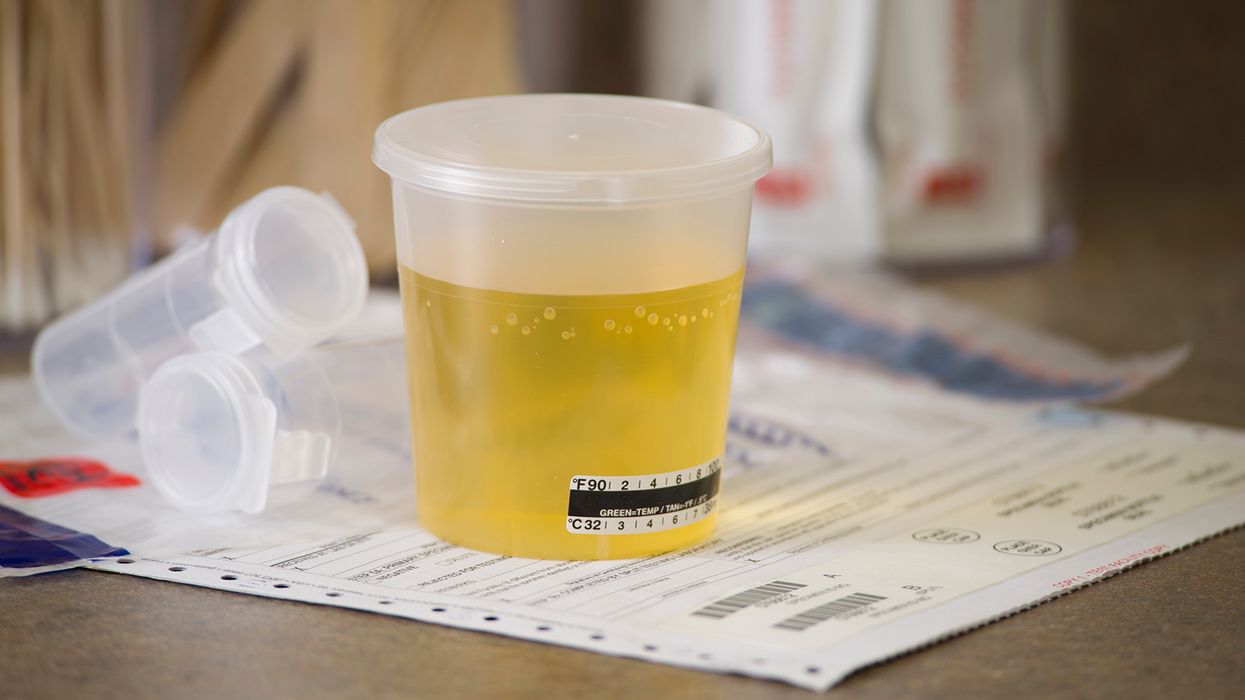Making marijuana a prescription drug would impact workplace policies
The federal government is looking to put marijuana in the same classification as prescription drugs. That change would impact workplace policies, directly affecting employers and employees.
The Drug Enforcement Administration (DEA) initiated the switch on May 21 with publication of a proposed rule in the Federal Register. The DEA would like to move marijuana from schedule I of the Controlled Substances Act (CSA) to schedule III, a lower-class drug category.
The CSA classification system places drugs in one of five schedules, or categories, based on their medical usefulness and potential for abuse. The DEA’s proposed change would put marijuana on par with medications like Tylenol with codeine, ketamine (an anesthesia-type drug), and anabolic steroids, drugs that have an accepted medical use and a lower potential for abuse than drugs in the higher schedules.
The change would move marijuana out of a classification for drugs with no accepted medical use and high potential for abuse. These drugs include heroin, LSD, and ecstasy.
New view on marijuana’s usefulness
The shift comes as the federal government changes its view on marijuana’s medical usefulness. A review by the Health and Human Services Agency found that marijuana has a currently accepted medical use for:
- Treatment of anorexia related to a medical condition,
- Nausea and vomiting caused by chemotherapy treatment, and
- Chronic pain.
This is a shift from the federal government’s view in 2016, the last time the drug was considered for reclassification. At that time the agency found that marijuana had no accepted medical use.
Workplace impacts
If the DEA’s proposal is finalized, a reclassification to schedule III means employers could need to:
Revisit drug testing policies. A federal reclassification would not ban marijuana drug tests (although marijuana tests are currently prohibited under some state laws). A positive test for marijuana would likely need to be treated as a positive test for a prescription drug, however. The test result would be reviewed to determine whether the employee was taking the medication in line with a legal prescription. The result would not be considered positive for an employee legally taking the drug under a prescription.
Consider accommodation requests. The federal Americans with Disabilities Act currently does not protect individuals who use medical marijuana. That would likely change if marijuana is moved to a drug schedule that allows it to be prescribed by a medical professional. Employers may need to consider whether an employee’s use of medical marijuana can be accommodated in light of job duties and discuss options.
Reconsider marijuana possession at work. Employers can currently prohibit employees from possessing marijuana in the workplace. If marijuana is reclassified to the same level as other prescription drugs, employees using medical marijuana would be allowed to possess the drug as they would any prescription medication. The manufacture, distribution, and sale of marijuana could still be prohibited in the workplace, however.
No change yet
The rescheduling of marijuana will not be finalized for months, or longer.
The government is inviting comments and hearing requests relating to the proposed rescheduling. The deadline for submitting comments and hearing requests via mail or online is July 22.
After the comment and hearing request period ends, the government will consider comments and hearing requests. It will then release a final rule, which would likely take effect 60 to 120 days after the final rule is announced.
Key to remember: The federal government is proposing a change that would make marijuana available for medical use, and that would impact how the drug is treated in the workplace.






















































